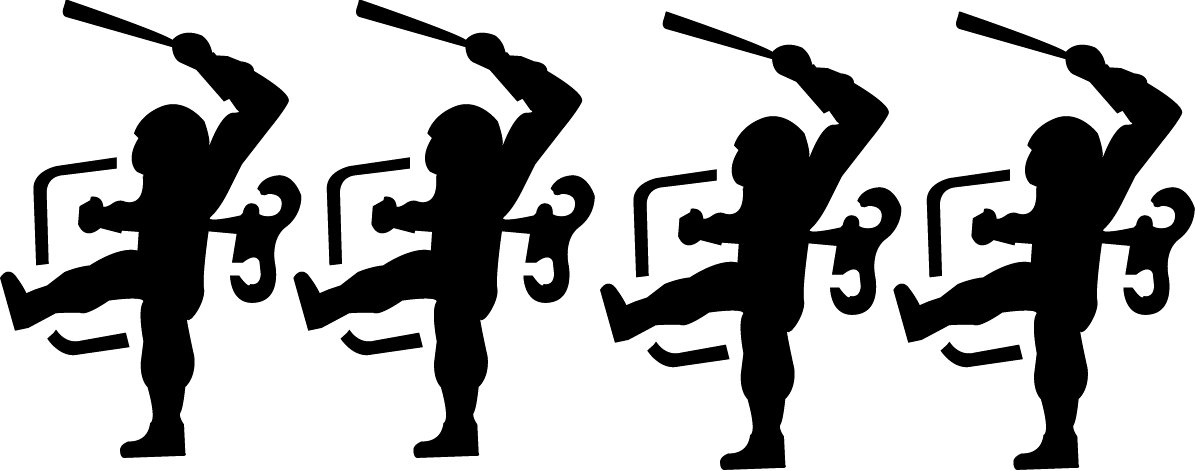Audrey Farrell, Crime Class & Corruption: The politics of the police. London: Bookmarks, March 1993. Page 78:
Being working class isn’t just about pay and lifestyle, but about the necessity of taking collective action to defend wages and conditions. It is about being tied to the necessity to sell labor power and to take orders from other people. In this sense something like 75 percent of the population–including most white collar employees–can be included in the working class. There are also some we might call New Middle Class in management or some professionals who sell their labor but who have a great deal of control over their own lives and exercise considerable power over others. They are in a contradictory class position and in struggle they may be drawn to one side or the other.
Ordinary police and prison officers are unusual employees who don’t fit into any of these classes. They may be drawn mainly from the working class but their employment conditions make them unlike other workers. Although they sell their labor and are bullied in a highly authoritarian regime, they exercise enormous powers over others. They are indoctrinated for their day to day activities to stereotype sections of the working class as ‘scum’ and to treat with the same contempt demonstrators and strikers. Both police and prison officers are usually socially isolated, even off duty.
Their experience of collective action is often in class confrontation as the violence forces of the bosses. This doesn’t draw them nearer to workers but alienates them from the the class of their origin. They do not constitute part of the working class. They are traitors to their class and their loyalty to their new masters is only likely to falter when the power of the bosses is really challenged by a tremendously high level of class struggle.
